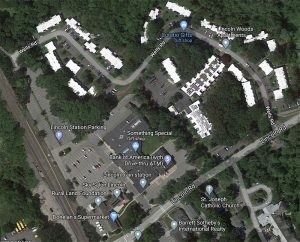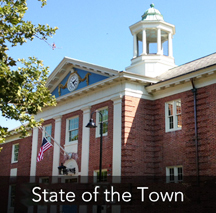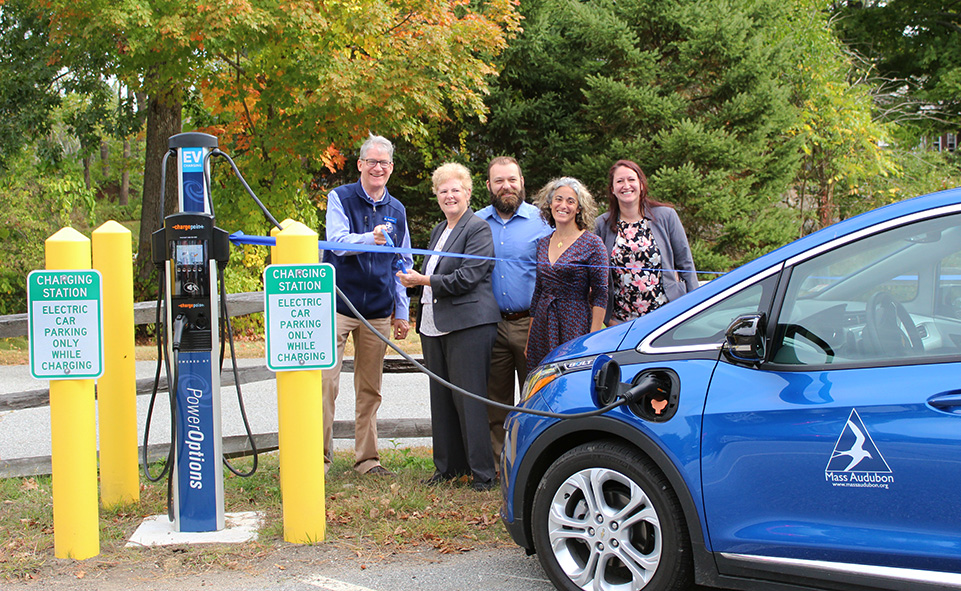 Lincolnites who were eagerly anticipating a new restaurant in town this spring will be disappointed, as plans to open Turenne have fallen though.
Lincolnites who were eagerly anticipating a new restaurant in town this spring will be disappointed, as plans to open Turenne have fallen though.
Tim and Bronwyn Wiechmann announced in February that they would be operating “Turenne in Lincoln” in South Lincoln, opening this month to succeed Real in space owned by the Rural Land Foundation (RLF).
However, “Lindsey Parker just informed us that her partnership with Turenne ended,” Geoff McGean, executive director of the RLF, told the Lincoln Squirrel on April 18. “We do not know any details, but from what she shared with us, Bronwyn and Tim from Turenne were brought in as potential operators of the restaurant but ultimately they could not reach an arrangement that worked for both parties.”
Real was owned jointly by Lindsay Parker of Concord and Tom Fosnot and Ruth-Anne Adams of Sudbury but closed in November 2020 after less than two years. Fosnot and Adams left the partnership and Parker became sole owner of a restaurant that now had no chef or operations staff.
McGean said that Parker, who holds the lease as Lincoln Station Partners, is looking for a new operator but has also listed the business and its assets for sale for $275,000, according to a listing sheet from the Boston Restaurant Group, Inc.
Requests for comment from Parker and the Wiechmanns were not immediately returned on Sunday.
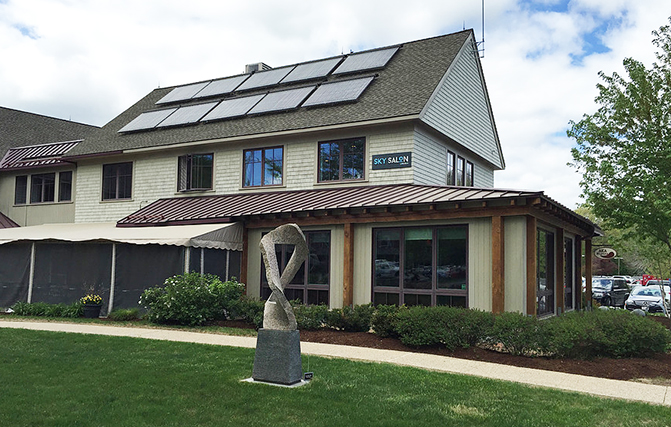
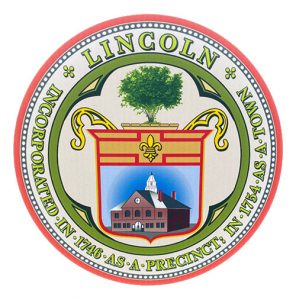 Residents heard updates on electricity aggregation, road safety measures, and planning for South Lincoln’s future at the third State of the Town meeting on November 19.
Residents heard updates on electricity aggregation, road safety measures, and planning for South Lincoln’s future at the third State of the Town meeting on November 19.
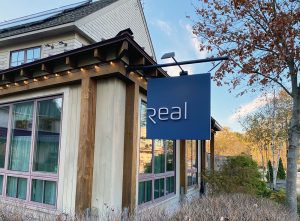 The Real restaurant expects to reopen even as two of its former owner/managers have filed suit against the remaining owner.
The Real restaurant expects to reopen even as two of its former owner/managers have filed suit against the remaining owner.